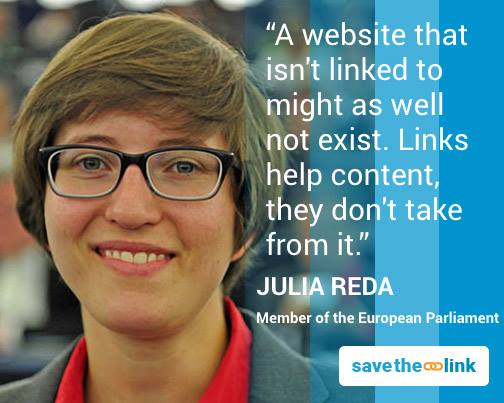Today the president of the European Commission, Jean-Claude Juncker, gave his “State of the Union” speech in the European Parliament.
Every city in the EU will offer free wireless internet access in its centre by 2020, EU commission president Juncker promised in his state of the EU speech on Wednesday. “We need to be connected. Our economy needs it. People need it,” said Juncker. He also said that a faster mobile network, known as 5G, should be “fully deployed” in the EU by 2025.
Two reflections:
First, it is becoming ever harder for cafés, restaurants, and others to provide free internet access for their customers. The reason is that they can become liable for any copyright infringements their customers may commit. (Mainly because of EU regulations.)
Doesn’t this apply for “cities” as well? Will there be separate rules for free WiFi provided by private and public entities?
Second, there is the matter of what you see and what you don’t see. Free WiFi sounds like a good idea for most people. But what will the effects be on commercial networks? As you cannot compete with free (or rather stuff paid for by the taxpayers) – will this hamper the deployment of e.g. “faster mobile networks”? It seems like Juncker is sending mixed and conflicting signals.
Finally, one must put free, public networks into the context of mass surveillance. Exactly who will operate them – and what law enforcement agencies will these operators collaborate with?
/ HAX
